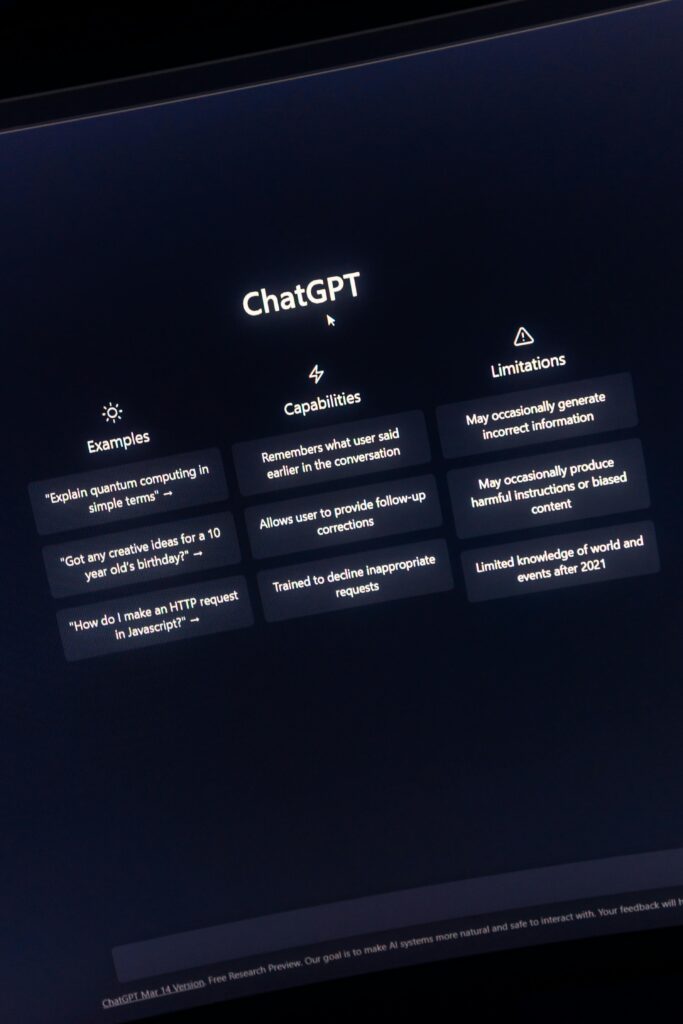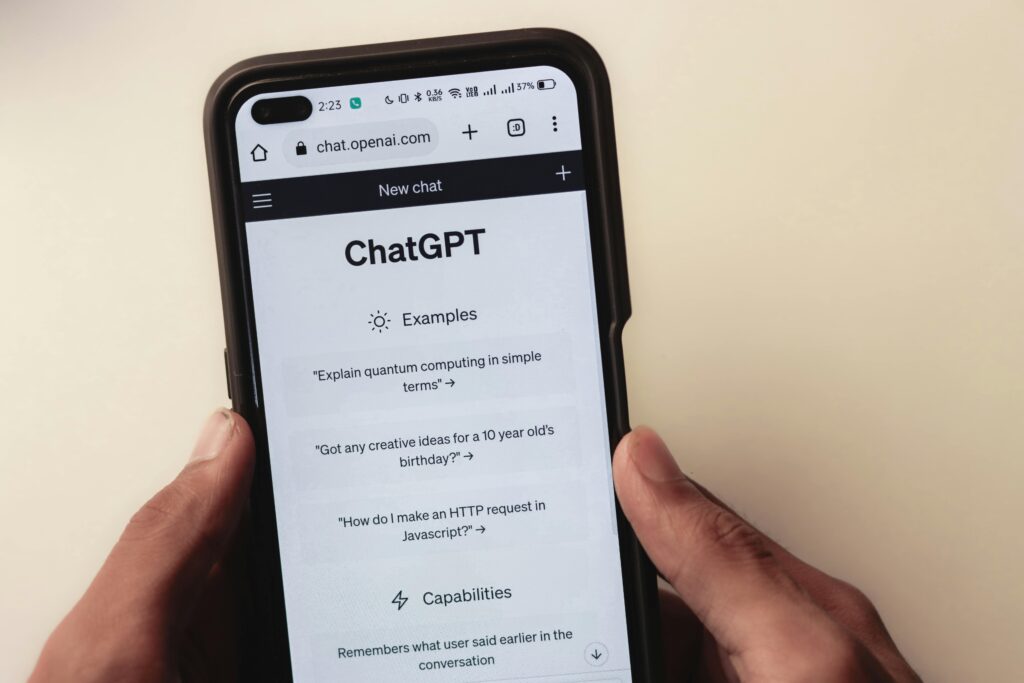
Writing Quiz Questions
Quizzes are incredibly useful tools in any online course. They provide students with immediate feedback on their learning, build metacognitive skills, enhance motivation, and create a sense of accountability. As

Quizzes are incredibly useful tools in any online course. They provide students with immediate feedback on their learning, build metacognitive skills, enhance motivation, and create a sense of accountability. As

Assessments refer to the activities students complete to demonstrate their competency in relation to predefined learning objectives. Broadly speaking, there are two types of assessments (formative and summative), but regardless

Build a foundation for assessment ideation with AI using the 3Ps of Quality Prompting. Then, take your AI assessment brainstorm to the next level with these tips for prompting! Prep:

Assessment plays a vital role in online learning. It helps students track their progress, pinpoint strengths and areas for improvement, and ultimately ensures they meet the course’s learning objectives. Although

Generative Artificial Intelligence (AI) can provide faculty with an additional partner to ideate and brainstorm new and innovative authentic assessments in their online courses. These types of assessments engage students

New technologies require greater attention to course design than ever before. As a result, strong, well-designed course interactions are the necessary response from educators. When students tap into their strengths and

When students and instructors hear the word “assessment,” they often think of long, stressful exams—or equally long nights of grading! But an assessment is really any task that evaluates students’

Rubrics are an essential tool for any instructor, but they become even more powerful in the context of online courses. Building an effective rubric requires clearly outlining criteria, levels of student

“Every professor teaching online should consider team projects for his or her classes.”— Edward Volchoc (2006) Group projects open the door for students to tackle more complex and intriguing problems

As you develop or redevelop an online course, you may notice that some of your intended assessments are not a good fit. Perhaps they require too much time-on-task in a

Assessments are the cornerstone of any course. They’re not just tasks for students to complete—they’re the tools we use to measure whether students have truly grasped the concepts and skills

What Are Authentic Assessments? Authentic assessments are cognitively complex, performance-based evaluations that focus the context of learning on real-life situations similar to those found in the professional environment (Frey, Schmitt,
Creating and maintaining quality online courses can feel overwhelming especially when you are juggling work demands, deadlines, and student requests.
Online learners today have unprecedented access to information. With AI tutors, YouTube explainers, and massive open courses just a click
What We’re Reading & Watching Conferences Articles Artificial Intelligence Ed Tech Podcasts Reports Webinars Conferences NAFSA 2025 Annual Conference &
Designing effective online courses require more than just content expertise—it calls for intentional strategies that foster engagement, relevance, accessibility, and
Video content has become essential for engaging students, however, not all educational videos are created equal. Research consistently shows that
Live online course design and delivery webinars hosted by the Academic Services and Products team
Developed by Risepoint, Faculty eCommons (FeC) is a social learning ecosystem for faculty across the world to work together to improve online education. FeC contains resources specifically tailored to help online instructors and is maintained by the Academic Services and Products team at Risepoint.
The information provided on Faculty eCommons, including links to third-party websites, does not, and is not intended to, constitute legal advice; instead, all information, content, and materials on this website are for general informational purposes only.
Risepoint
700 North Pearl Street, Suite 600
Dallas, TX 75201
855-593-6050